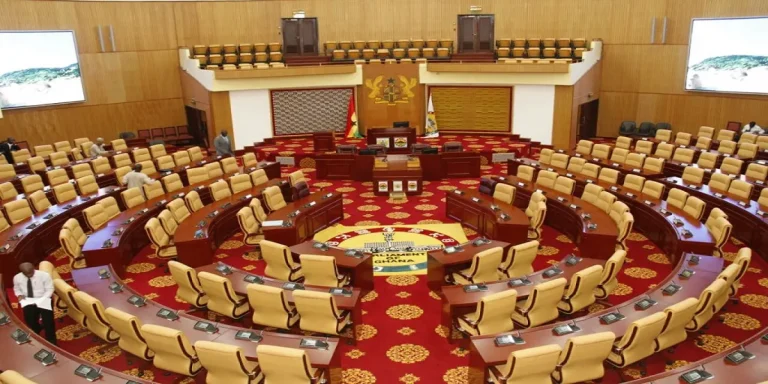Climate Change in Ghana, Challenges and Solutions
Introduction:
Ghana, a nation known for its rich culture and diverse landscapes, is facing significant challenges due to climate change. From coastal erosion to unpredictable weather patterns, the impacts of climate change are increasingly felt across the country. In this article, we’ll explore the specific challenges Ghana faces and examine potential solutions to mitigate the effects of climate change.
The Impact of Climate Change in Ghana:
Coastal Erosion: Ghana’s coastline is vulnerable to rising sea levels, resulting in erosion of beaches and loss of land.
Erratic Weather Patterns: Farmers face challenges due to unpredictable rainfall, leading to crop failures and food insecurity.
Loss of Biodiversity: Deforestation and habitat destruction threaten Ghana’s rich biodiversity, affecting both plant and animal species.
Health Risks: Increased temperatures contribute to the spread of diseases such as malaria and dengue fever.
Challenges in Addressing Climate Change:
Limited Resources: Ghana, like many developing countries, faces resource constraints in implementing large-scale climate adaptation and mitigation measures.
Lack of Awareness: There is a need for increased education and awareness about climate change and its impacts among the general population.
Policy Implementation: While Ghana has policies in place to address climate change, effective implementation and enforcement remain a challenge.
Solutions to Mitigate Climate Change:
Renewable Energy: Investing in renewable energy sources such as solar and wind power can reduce Ghana’s reliance on fossil fuels and decrease greenhouse gas emissions.
Afforestation Programs: Implementing afforestation and reforestation initiatives can help restore degraded landscapes and preserve biodiversity.
Climate-Smart Agriculture: Promoting climate-smart agricultural practices such as conservation farming and crop diversification can help farmers adapt to changing weather patterns.
Community Engagement: Encouraging community participation and local ownership of climate change initiatives can foster resilience and sustainability at the grassroots level.
Conclusion:
Climate change poses significant challenges to Ghana’s environment, economy, and public health. However, by implementing sustainable solutions and fostering collaboration between government, civil society, and the private sector, Ghana can mitigate the effects of climate change and build a more resilient future for its people and ecosystems. It is crucial for all stakeholders to work together towards a common goal of protecting Ghana’s environment and securing a sustainable future for generations to come.







